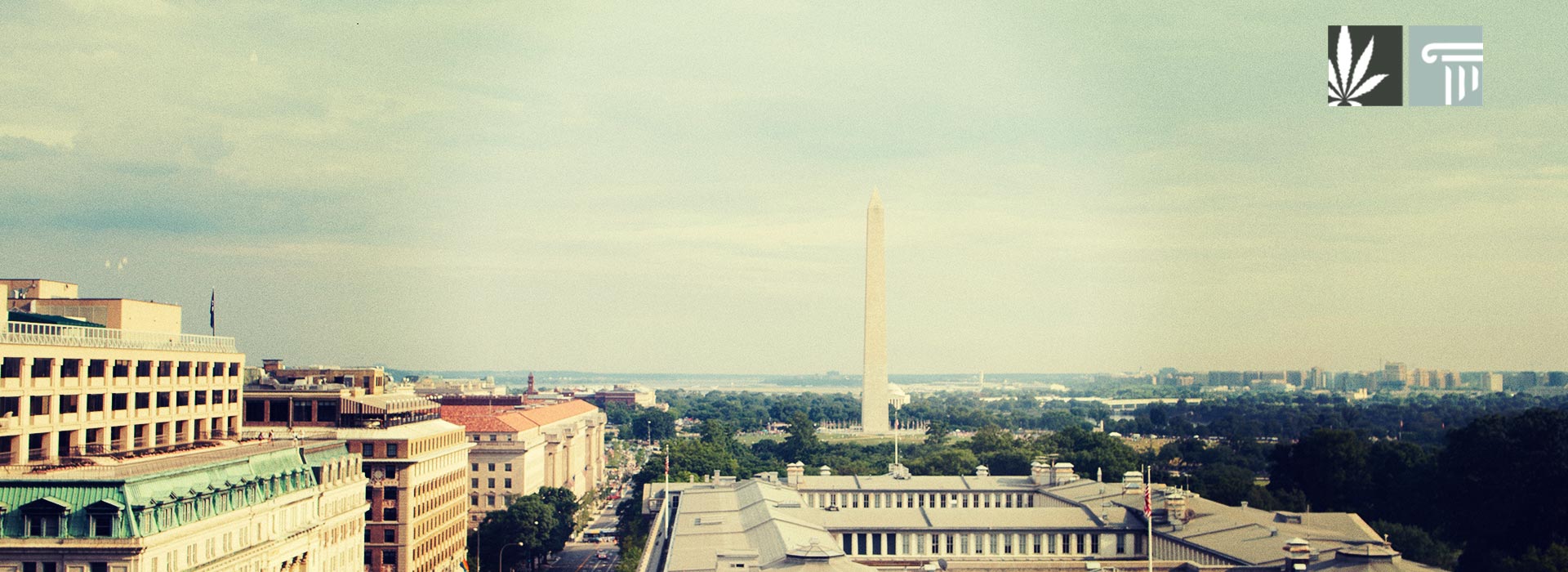Following its approval by Washington DC lawmakers in December last year, legislation to radically shake up the medical cannabis program of the nation’s capital has become law.
Among the raft of changes, marijuana business licensing caps have been eliminated, medical cannabis operators will receive significant tax relief, new social equity initiatives will be introduced and new marijuana-related business categories have been created, including cannabis cooking classes and on-site consumption sites.
The new law also provides a pathway for cannabis “gifters” who sell non-marijuana products in exchange for “free” cannabis products to legalize their operations, while affording law enforcement new powers to intervene against those who continue with the technically illegal practice.
The lawmaker-approved legislation was signed into law by Mayor Muriel Bowser in January this year before heading to Congress for a review period. Congressional lawmakers could have decided to veto the legislation but chose not to.
The Medical Cannabis Amendment Act clarifies that adults 21 and older are allowed to self-certify as medical cannabis patients. This is important in DC since only medical cannabis patients are permitted to legally buy marijuana, despite the plant being legal for recreational purposes since 2015.
There remains no framework in place for legal recreational marijuana sales in DC due to a congressional rider that has been renewed annually since 2015 that prohibits District lawmakers from implementing a regulated, adult-use marijuana market. Despite the rider, DC lawmakers filed a bill earlier this year to legalize recreational cannabis sales.
While its chances of success remain uncertain, a federal agency recently determined that the congressional rider does not prevent DC officials from preparing for a legal cannabis market procedurally, such as by holding hearings on the issue.
With regards to the new reforms to the District of Columbia’s marijuana laws, another notable change is the inclusion of language permitting licensed cannabis businesses to deduct standard operating expenses, such as payroll, from their tax bill. Up until now, cannabusinesses have been unable to do this due to Section 280E of the federal Internal Revenue Service’s tax code.
The new law’s social equity initiatives include a stipulation that 50 percent of particular marijuana business license categories must be allocated to social equity applicants in perpetuity. These categories include “all new retailer, internet retailer, courier, cultivation center, and manufacturer” licenses, and district regulators must ensure that applications are open by May 1, 2023 at the latest.
While DC lawmakers continue to pursue marijuana reforms that are within their powers, such as a recent ban on employers firing or punishing employees on the basis of off-the-job cannabis use, marijuana reform advocates continue to be frustrated by the federal blockade on a legal recreational market.
In response to President Joe Biden’s pardoning of individuals convicted of federal cannabis possession offenses, the US Representative for the District of Columbia Eleanor Holmes highlighted the ongoing federal ban against legal cannabis commerce in the nation’s capital, describing it as a “shocking violation of DC home rule by a Democratic administration.”






